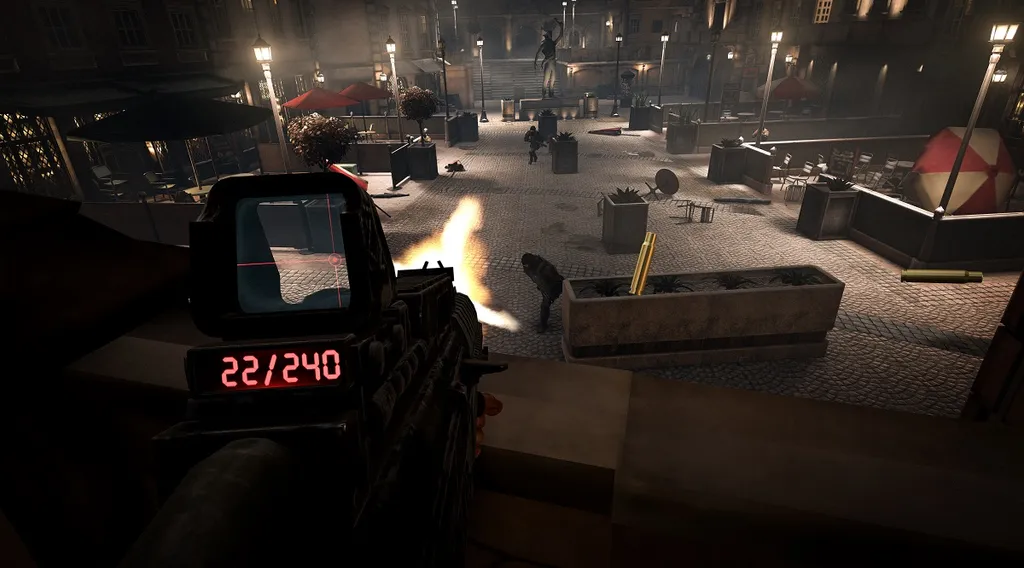Earlier this month Supermassive Games, a UK-based studio behind the popular PS4 exclusive, Until Dawn, released its third VR project named Bravo Team. Given the success of Until Dawn and its VR spin-off, Rush of Blood, it was fair to say big things were expected of the PlayStation VR (PSVR) exclusive shooter. Sadly, it wasn’t to be.
Bravo Team turned out to be a pretty dismal game, even more so than the disappointing Until Dawn prequel, The Inpatient, which launched in January. In our 5/10 review we noted that the game was “just another wave shooter” with little in the way of interesting features. Others reported numerous bugs and issues with the game’s locomotion system. Speaking to Eurogamer in an in-depth report, several members of the development team, who chose to remain anonymous, outlined why the game was so troubled.
According to these sources, Bravo Team suffered from a tight development timeline and lack of resources as well as management that wouldn’t compromise on certain features. One source said that the studio would “block any design” that wasn’t realistic, like heads up displays (HUD) that you see in traditional shooters. In VR these elements can be unimmersive, but to design substitute systems takes time that the team said it didn’t have. This also had knock-on effects like cutting the number of weapons in the game from around 10 to 15 to just four.
Underpinning these difficult design hurdles was a lack of resources. During Bravo Team’s development Supermassive was also working on The Inpatient and, reportedly, a third unsigned game that took the lion’s share of manpower. At full strength the team had around 25 members, though it was often less than that. According to the article, Bravo Team was also developed in just 13 months, which means it had been in development less than half a year when it was revealed at E3 in June 2016 with original plans to release it in the holiday 2016 window.
Apparently, the game was delayed after a round of negative mock reviews (in which people score the game based on its current state for the developer to assess), but the extra time given didn’t help. Instead, one source reportedly said, the team had to focus on optimization that ultimately meant it “stripped visual effects, reduced enemy numbers, lost behavior and inserted loading screens.”
Another staffer said “everything needed to be torn to shreds.”
The results, clearly, were not good. Bravo Team went from one of PSVR’s early hopes for 2018 to a game best forgotten about. In a statement to Eurogamer, Supermassive CEO Pete Samuels acknowledged that the studio was “disappointed” by the game’s reception.
“We have learned a lot from these experiences, and will be putting all of these learnings into practice as we refocus the team and move on to new projects,” Samuels said. “As a studio we appreciate all the feedback we receive from fans – both good and bad – and we’re all hugely excited about the future.”


























